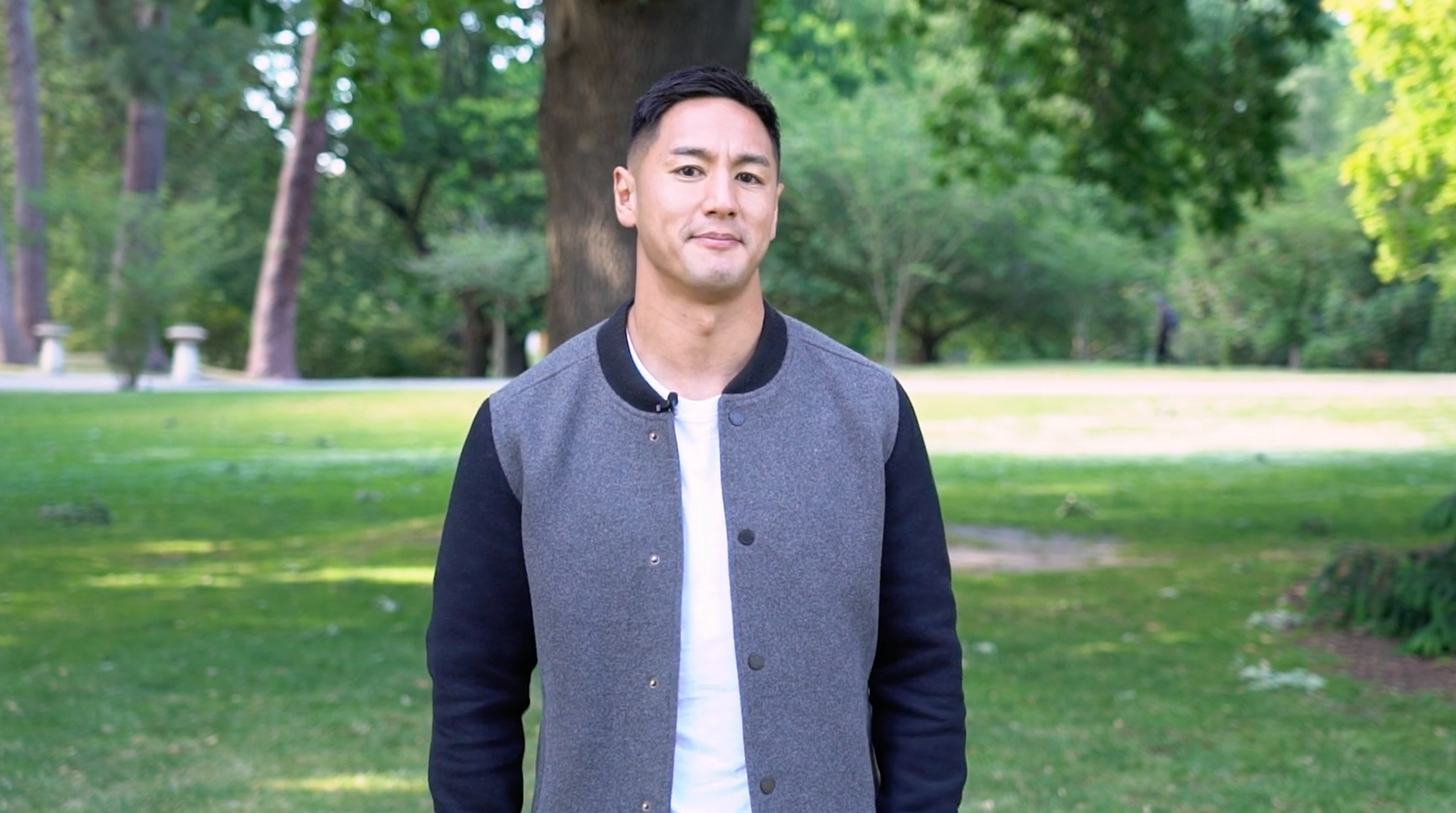
You have Value
He mana tōu nō whakapata
Our sense of self and our sense of worth often depend on what has been communicated/reflected to us externally that we have then internalised. This can leave many people with a very distorted sense of who they are and a diminished sense of their value. A person may have a low self-worth and an “inner critic” playing in their head; rather than this being about who they actually are, it stems from how they have been conditioned and what they have grown to believe. The sad fact is that people tend to believe the negative about themselves as being “more true” than anything positive, and so this just reinforces what they have been conditioned to believe.

You have value
You Have Value
What E Tū Tāngata affirms is that as human beings we have intrinsic worth and value.
We have worth and value as a person regardless. We have worth and value before we ever say or do anything. Most people “get” the intrinsic worth that a human being has when they hold a newborn baby. The baby has not done anything or achieved anything (in fact he or she just takes) and yet we know how precious and valuable he or she is. If we could see that child’s future, one that contains abuse, neglect or trauma of some form, it would not lessen the child’s value. Equally, if we saw a future that contained mistakes the child makes, or hurt the child causes that they need to be responsible for, it still does not lessen their value.
People have value.
We want people to see that they have value regardless of what they do or what is done to them. We want people to see that their value is not dependent on external factors of what they achieve, what they own, how they look, what others say about them, or who likes them. External factors can help a person feel valued but they don’t give a person value. When these external factors are helpful and healthy they can help a person see the value they always have had.
A warped sense of value.
External factors can act like mirrors reflecting back to us an image of who we are. The difficulty that many people face is they have been looking into warped mirrors and thereby come away with a warped sense of who they are and the value they have. As an illustration, think about the “House of Mirrors” at a theme park, where one mirror makes you look tall and spindly, and another makes you look short and squat.
This can be a lot of fun, but imagine if a child grew up in this House of Mirrors and never left; what sense would they have about how they look?
It would be a very distorted one. So much so that if the child finally left and saw them self in a clear and accurate mirror, what they would think of that reflection is, “That’s not me. I would like to look like that. Other people look like that. But that’s not me”. In the same way, people grow up surrounded by warped mirrors and can continue to look at the reflection of warped mirrors, leaving them with a false sense of who they are and the value they have. That warped sense can get stuck inside their mind so they dismiss the “trustworthy mirrors” and only believe the inner critic. This mindset is called “confirmation bias”.
With the principle, “You have value”, we want to help people to know the intrinsic value they have. We want people to find trustworthy mirrors which help remind them of the value they have. When a person knows the value they have it helps them to better interpret the messages they receive from difficult situations and grow their resilience. When a person knows they have value regardless of their external circumstances, it gives them the courage to they need to step beyond Tall Poppy Syndrome and make their unique contribution in this world.


